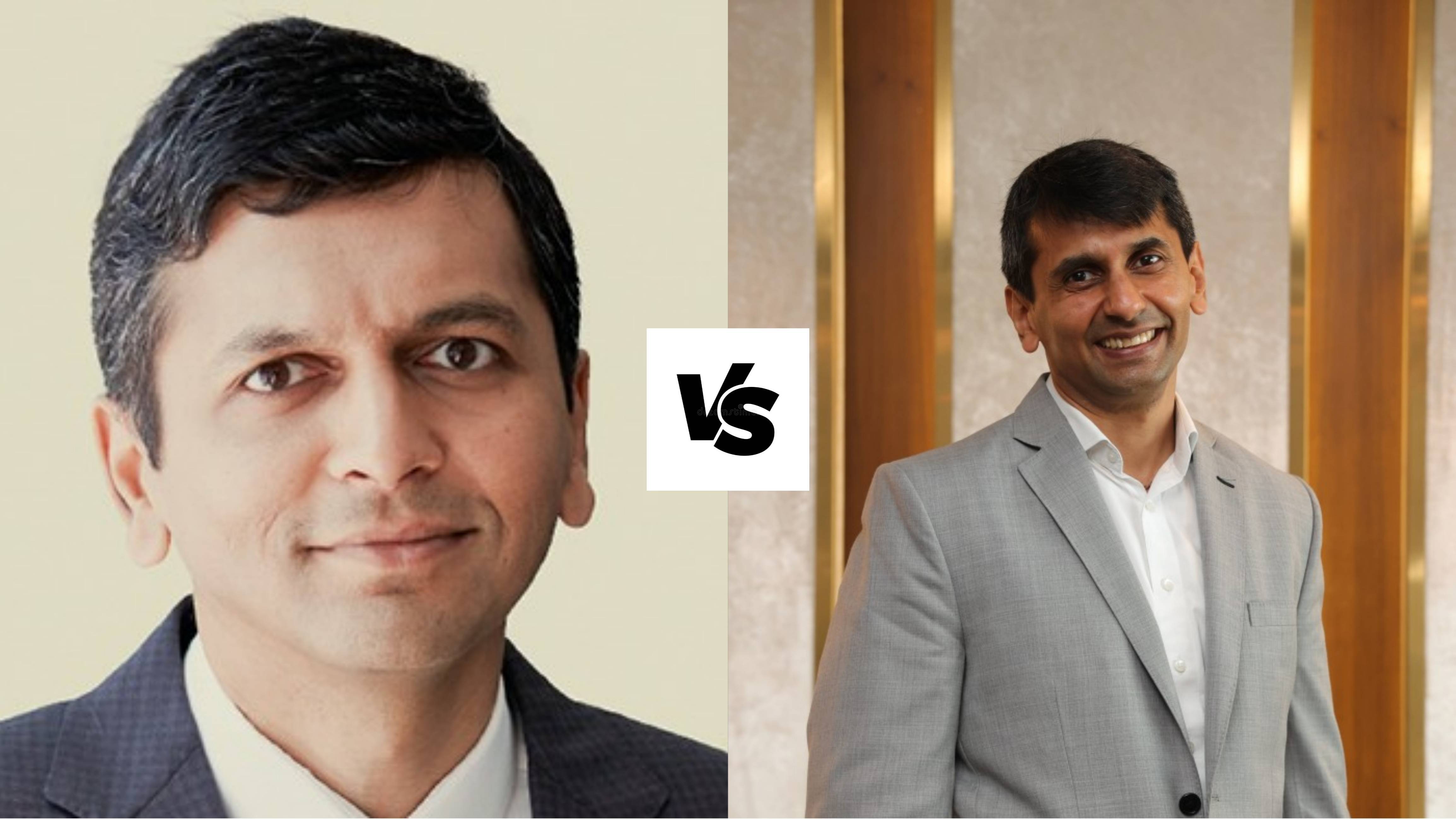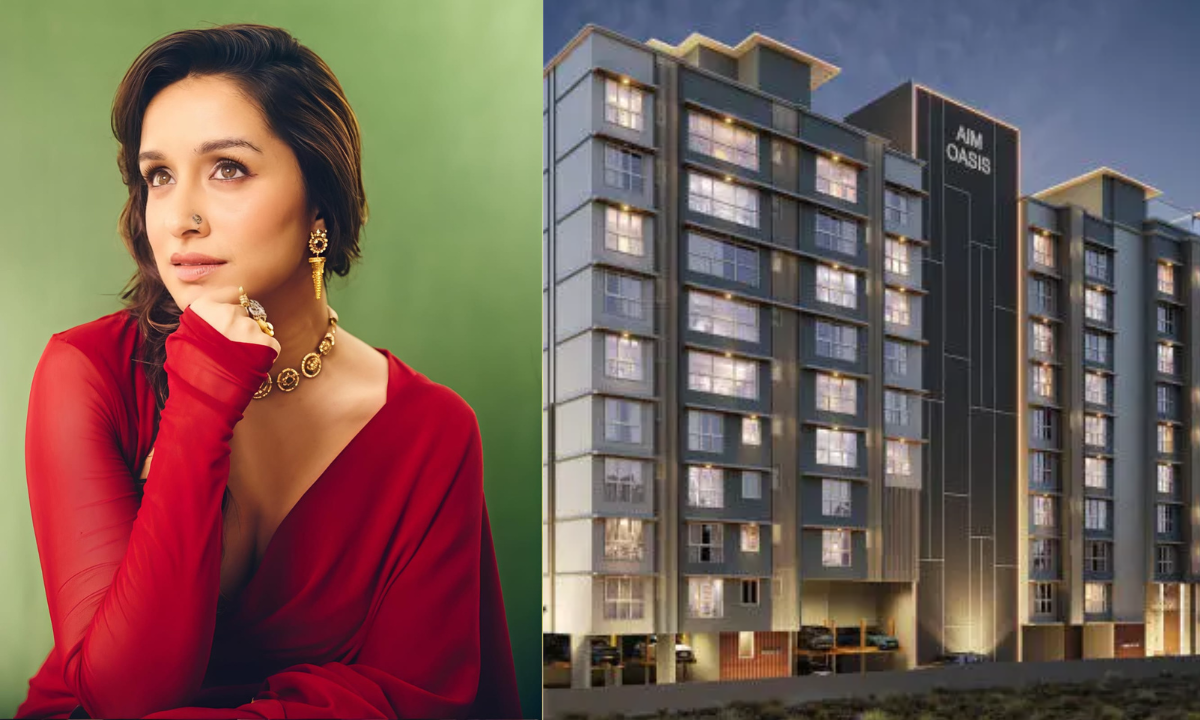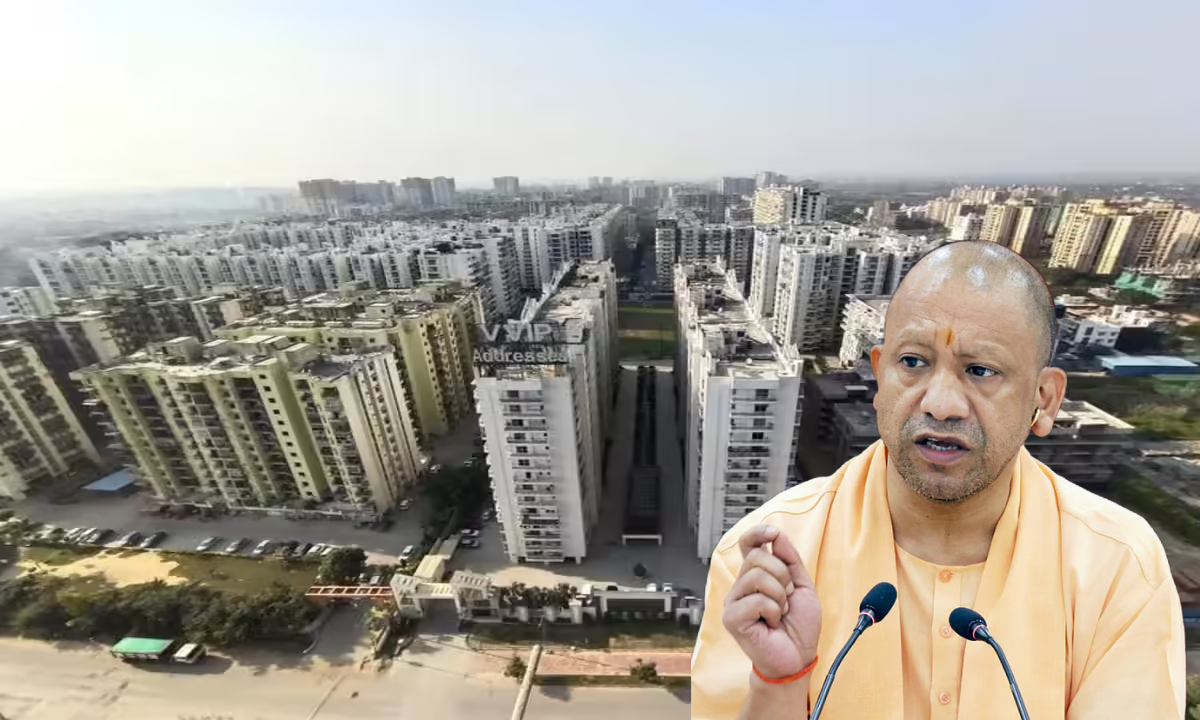Macrotech Developers, a prominent real estate company known by its brand name Lodha, has filed a legal case against the House of Abhinandan Lodha (HoABL) in the Bombay High Court. The case revolves around the alleged misuse of the Lodha name by The House of Abhinandan Lodha (HoABL), a company owned by Abhishek Lodha’s younger brother, Abhinandan Lodha. Macrotech claims that this usage violates prior agreements and has asked the court to prevent HoABL from using the Lodha name in any form. The case has drawn attention due to its implications for both family settlements and trademark disputes.
The origins of the dispute date back to 2015 when Abhinandan separated from the Lodha Group and started his own business ventures. This separation was formalized through a family settlement agreement in 2017, which outlined the terms under which Abhinandan could use the family name in his businesses. According to Macrotech, the agreement prohibited Abhinandan from using the Lodha name independently in real estate projects. The company alleges that HoABL’s current branding violates these terms, leading to confusion in the market and potential harm to the established Lodha brand.
In December 2023, Macrotech and Abhinandan reportedly signed a new agreement to address instances of non-compliance with the original settlement. Despite this, Macrotech claims that HoABL continued to use trademarks that are deceptively similar to the Lodha name. The company argues that such actions undermine the reputation and goodwill it has built over decades through significant investments in marketing and branding. Macrotech’s petition describes HoABL’s registration of similar trademarks as fraudulent and misleading, further alleging that the company withheld material facts from the trademark registry.
Macrotech emphasizes the importance of protecting its intellectual property, citing the extensive efforts and resources it has invested in building the Lodha brand. The company argues that the unauthorized use of its name creates confusion among potential customers and stakeholders, potentially diluting the brand’s value and credibility. Macrotech has also highlighted its responsibility to its shareholders, which include major global investors and a leading charitable organization. According to the company, this obligation extends to safeguarding the integrity of its intellectual property rights.
Abhinandan Lodha, in response, has denied any wrongdoing and maintains that his company’s activities comply with the terms of the family settlement. He stated that HoABL focuses on plotted developments rather than high-rise buildings, which are the primary focus of Macrotech. Abhinandan also pointed out that his company operates in regions where Macrotech has no significant presence, arguing that this minimizes any potential market overlap or confusion. Furthermore, Abhinandan clarified that his companies are named in a manner consistent with the settlement agreement, which allows for the use of the Lodha name in specific contexts.
Abhinandan has also emphasized his contributions to Macrotech, even after the separation. He claims to have extended financial support to the company during challenging periods, including providing loans, guarantees, and mortgaging personal assets. According to Abhinandan, these actions were taken in good faith and reflect his commitment to upholding the broader interests of the family business.
The legal battle raises broader questions about the enforcement of family agreements and the protection of trademarks in the context of family-run businesses. Macrotech’s case hinges on the argument that the Lodha name is a valuable asset that requires legal protection to maintain its standing in the market. On the other hand, Abhinandan contends that his use of the name is consistent with the terms of the settlement and does not infringe on Macrotech’s rights.
The outcome of this case will have implications not only for the Lodha family but also for similar disputes involving trademarks and family business arrangements. As the court proceedings unfold, both parties will need to present evidence to substantiate their claims and clarify the terms of the agreements in question.









.png)